Rejoice for the return of coachbuilding | Axon's Automotive Anorak
One of the classes I worked on for the annual Cartier ‘Style et Luxe’ concours at this year’s 30th anniversary Goodwood Festival of Speed presented by Mastercard, was to mark 90 years since the 1933 introduction of the first Derby-built Bentley models.

Following the failure of W.O.Bentley’s eponymous Cricklewood-based car company in the early 1930s, Rolls-Royce took over the bankrupt Bentley’s assets in 1931. It relocated the company up to Derby and began production of its new bespoke ‘silent sportscars’ in 1933.
Elegant, exclusive and expensive, all Derby Bentleys were sold as a bare chassis with engine and transmission, for its wealthy buyer to then choose his or her favoured coachbuilder to clothe the car. These fine pre-war motor cars carried coachwork from more than 50 independent British coachbuilders, including such revered great artisans as Gurney Nutting, James Young, Park Ward, Barker, plus many others. Sadly very few still exist today.
The gradual demise of a separate motor car chassis by the 1960s – in favour of a more modern and studier internal monocoque structure – led to the final departure of the majority of Britain’s once exceptional coachbuilding firms. Of the few UK coachbuilders that survived beyond the 1960s (briefly in most cases), some of the more prominent names where taken over by car companies.

Following the failure of W.O.Bentley’s eponymous Cricklewood-based car company in the early 1930s, Rolls-Royce took over the bankrupt Bentley’s assets in 1931. It relocated the company up to Derby and began production of its new bespoke ‘silent sportscars’ in 1933.
Elegant, exclusive and expensive, all Derby Bentleys were sold as a bare chassis with engine and transmission, for its wealthy buyer to then choose his or her favoured coachbuilder to clothe the car. These fine pre-war motor cars carried coachwork from more than 50 independent British coachbuilders, including such revered great artisans as Gurney Nutting, James Young, Park Ward, Barker, plus many others. Sadly very few still exist today.
The gradual demise of a separate motor car chassis by the 1960s – in favour of a more modern and studier internal monocoque structure – led to the final departure of the majority of Britain’s once exceptional coachbuilding firms. Of the few UK coachbuilders that survived beyond the 1960s (briefly in most cases), some of the more prominent names where taken over by car companies.

Pre-war, Hooper was widely regarded as being the UK’s best coachbuilder, having graduated from crafting fine horse-drawn carriages in the early 1800s. It received its first Royal Warrant in 1830 as coachbuilder to Queen Victoria no less, for 60 years, plus her son, later King Edward VII, for 50 years, using Daimler and Rolls-Royce motor cars as their base.
By the end of the 1950s, Hooper formed part of the BSA Group (which included Daimler), but was then sold off as a separate Rolls-Royce service and spares workshop. In 1970 Hooper was appointed as an official Rolls-Royce/Bentley distributor. In 1981 it was fully revived as a coachbuilder, introducing a small programme of bespoke Silver Spirit and Bentley Mulsanne Turbo models, including its own two-door coupe and imposing Empress fastback coupe derivatives.
Hooper also briefly built and sold the Metrocab taxi in the late 1980s. Today Hooper still exists as an independent name, though it is currently not building any bespoke models. That said, I have on good authority that it is planning to release some quite spectacular coachbuilt models in its future, suitable investment willing.
Another older British coachbuilder, that also built its reputation making elegant bodywork on Rolls-Royce chassis, potentially set for a comeback is Freestone & Webb (F&B). F&B was taken over by prestige multi-marque London car dealer H R Owen in 1955. The F&B name fleetingly made a surprise return with a convertible Jaguar XJC conversion in the mid-1970s, only to swiftly disappear again. From what I understand now though, the F&B name may make another comeback with an intriguing bespoke luxury (but pricey) conversion of an existing new urban electric car, but it is not known as yet if this ambitious revival will ever come to fruition.

In addition to the possible pending resurrection of a couple of important UK coachbuilding names – Hooper, plus Freestone and Webb – a pair of other former British car craftsmanship modifier names have already been revived; Radford, and more recently, Crayford.
The relaunch of the Radford name was staged within the Earls Court Motor Show at the 2021 Goodwood Revival; with chief shareholders ex-F1 World Champion Jenson Button and well-known television car fiddler Ant Ansted unveiling their first brand new Radford; the Type 62-2, an extensively modified Lotus Exige. Though the key management of the new Redford concern are all Brits, with its Type 62 based on an all-British Lotus and inspired by the iconic Lotus Type 62, the Company’s main production workshop is based in the USA (though it also has UK facilities in Hertfordshire). When it comes to the Radford name, confusion reigns, as the Company has had more comebacks than Noel Edmonds, having had long periods of dormancy in between being owned at various points by H R Owen, plus many other parties, including now forming part of the Finest Coachbuilding Group (FCG).
Radford was first founded in 1948 by Harold Radford, an ex-London car salesman, specialising in Rolls-Royce, Bentley and supplying bespoke military vehicles during WWII. From his high-profile showroom opposite South Kensington tube station, in 1948 Harold Radford introduced his coachbuilt Bentley MK VI Countryman, updated with a rear opening split tailgate, folding rear seats, picnic tables, a double bed facility and even a kettle!
Harold Radford also successfully later applied his coachbuilt Countryman modification to the Rolls-Royce Silver Dawn and Silver Cloud, plus an Armstrong Siddeley Sapphire, Jaguar MK VIII and Humber Super Snipe. Radford famously went on to customise BMC Minis into luxury city limousines, plus Aston Martin DB4/5 Shooting Break conversions and a few bespoke modified Alfa Romeo GT Juniors, Volvo P1800 Convertibles and Vauxhall Crestas. After disappearing for a while, the Radford name made a comeback in the 1980s, and the again in the 1990s, with luxury modified Minis, made by an ex-Vauxhall employee (who bizarrely also claimed to own the rights to the ex-BMC/BL Italian Innocenti marque!). As well as the FCG-owned Radford, the name is also believed to still exist as a separate classic car restoration specialist.

During the summer, another once-prolific British coachbuilder was also revived, with a quite ‘soft launch’ to reintroduce the Crayford name. Crayford was originally established in 1961 in Westerham, Kent, to convert BMC Minis into convertibles (a world first at the time). Crayford later went on to build convertible Ford Cortina and Corsair models, followed in 1966 by the famous Heinz Wolseley Hornet 57 convertible, built in 57 examples as a prize in a Heinz canned salad competition.
After successfully making a series of convertible and hatchback BMC 1100/1300s, plus convertible Ford Fiestas, Capris, Austin Metros, Allegros, Vauxhall Cavaliers, as well as estate conversions to the Austin 1800, Audi 100 and various 1970s Mercedes-Benz models (plus the UK/European distribution rights for the go-anywhere Canadian Argo ATV), in 1981 Crayford revisited its soft-top convertible conversion with its Mini Carnival Beach Car.
A new version of this Mini was quietly launched a few months ago as ‘a British icon reimagined’ to reintroduce the Crayford name after a brief period in hibernation for the brand. Called the Mojito, the revived Crayford is an ICE-powered Mini-based beach car; a totally open, doorless fun car in the style of the classic Ghia Fiat Jolly beach cars of the 1950s/60s. Although not widely promoted to date, hopefully the new Mojito will prove to be a successful relaunch of Crayford as another revived Great British coachbuilder, along with Radford, Hooper and Freestone and Webb.
Bentley images by Nick Wilkinson, Radford image by Jochen van Cauwenberge.
Axon's Automotive Anorak
Bentley
Radford
Road
News































































